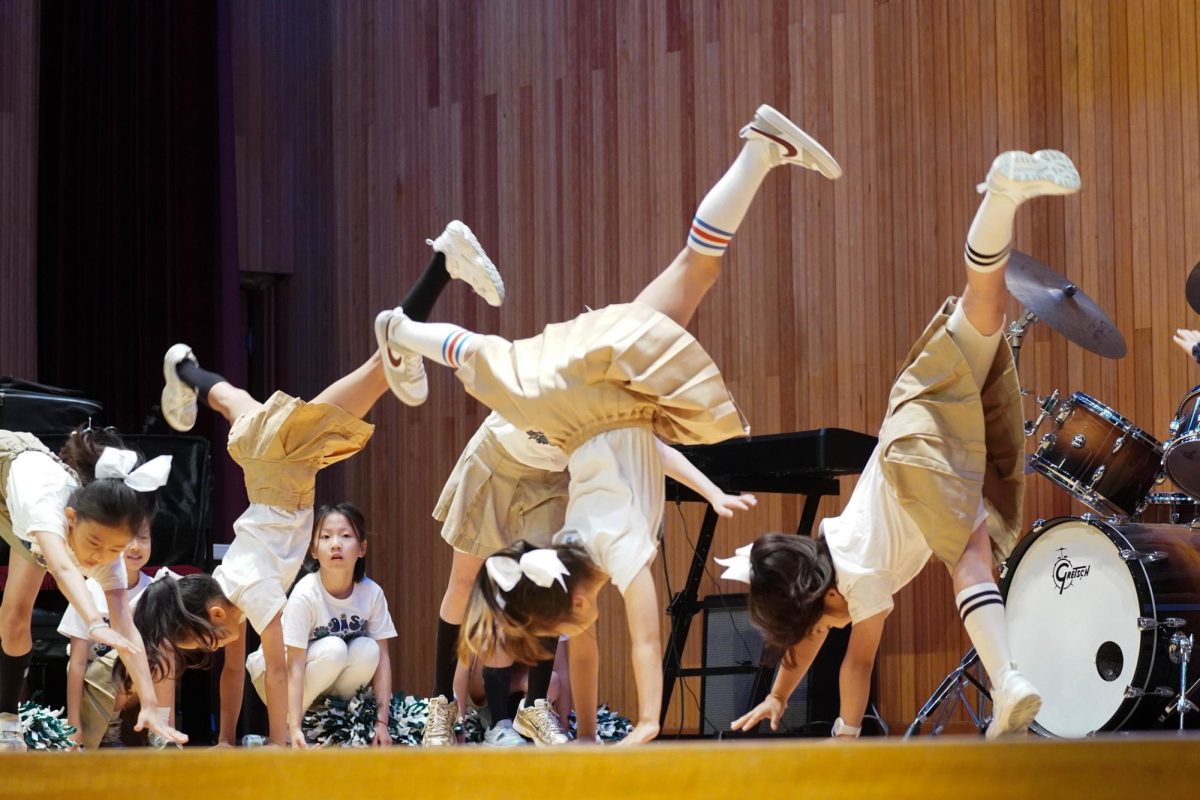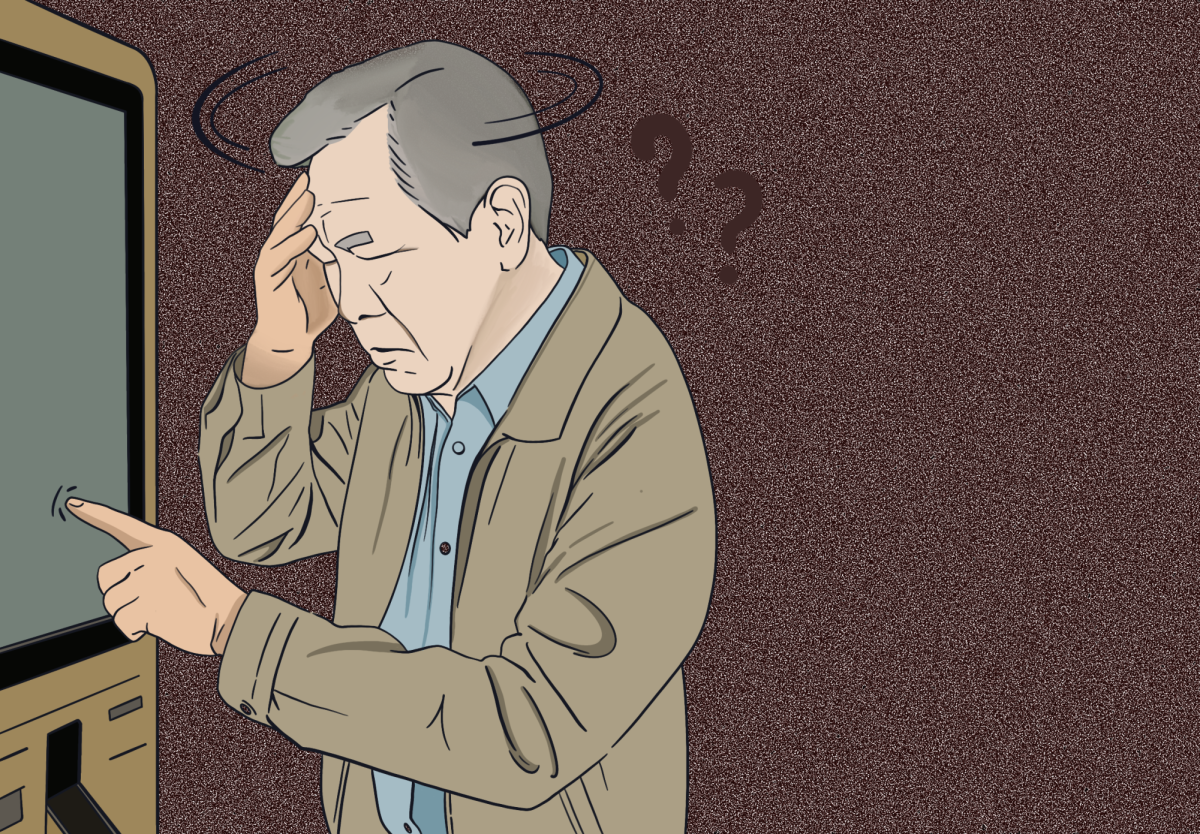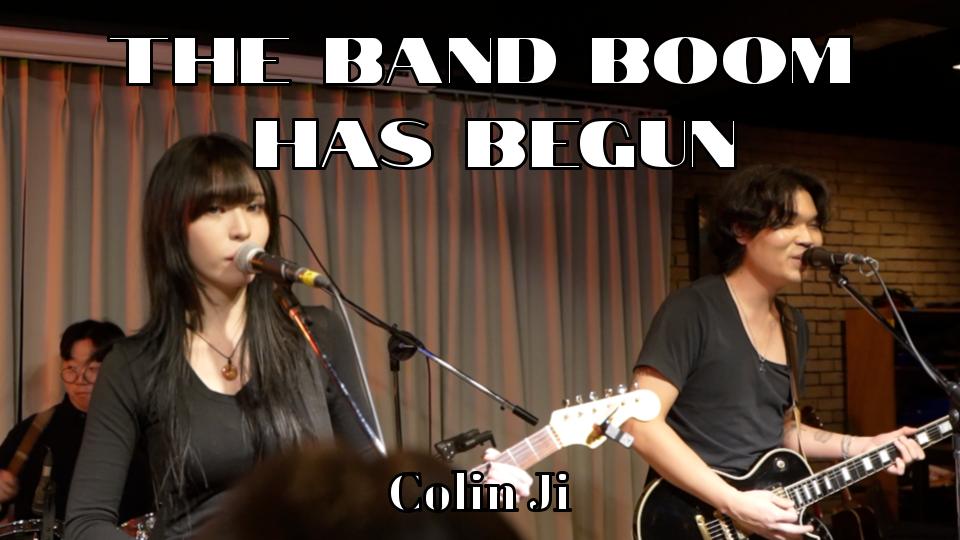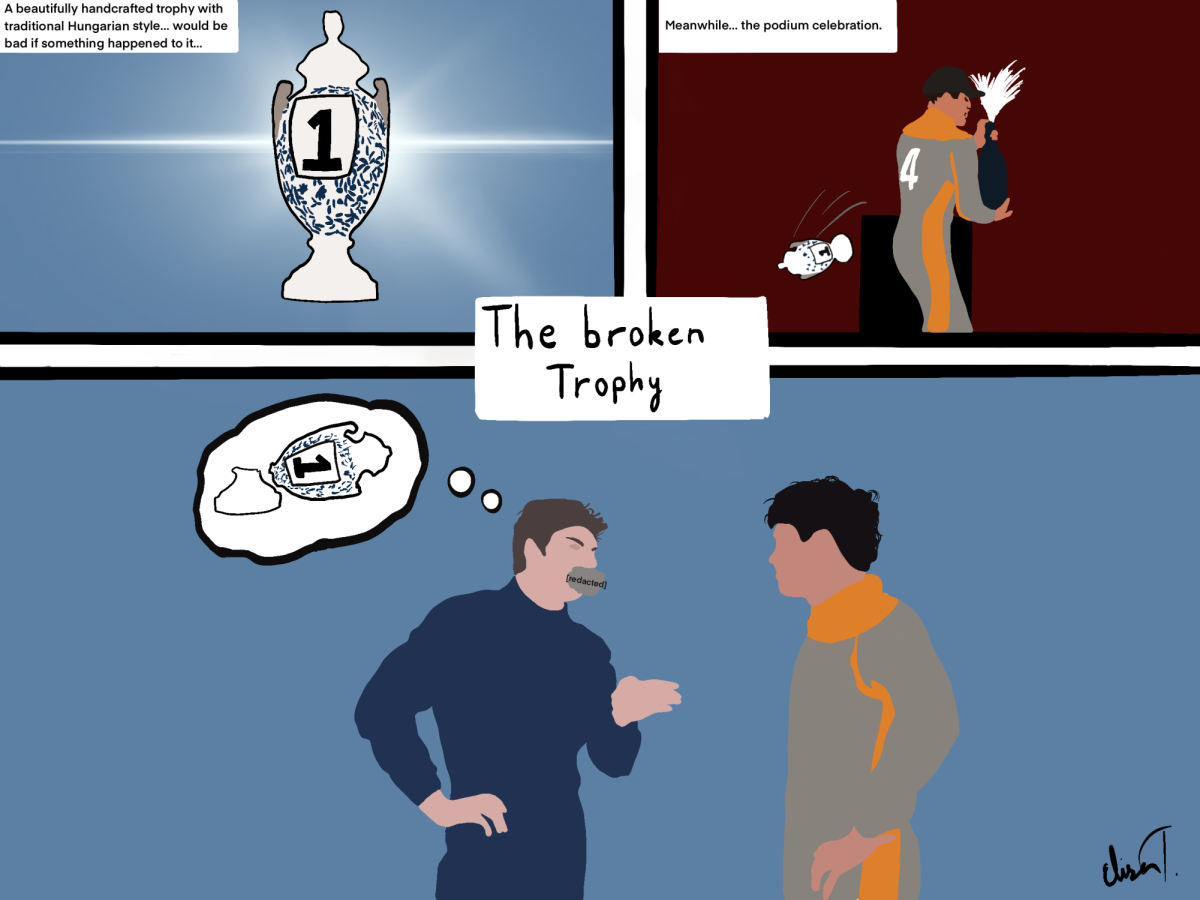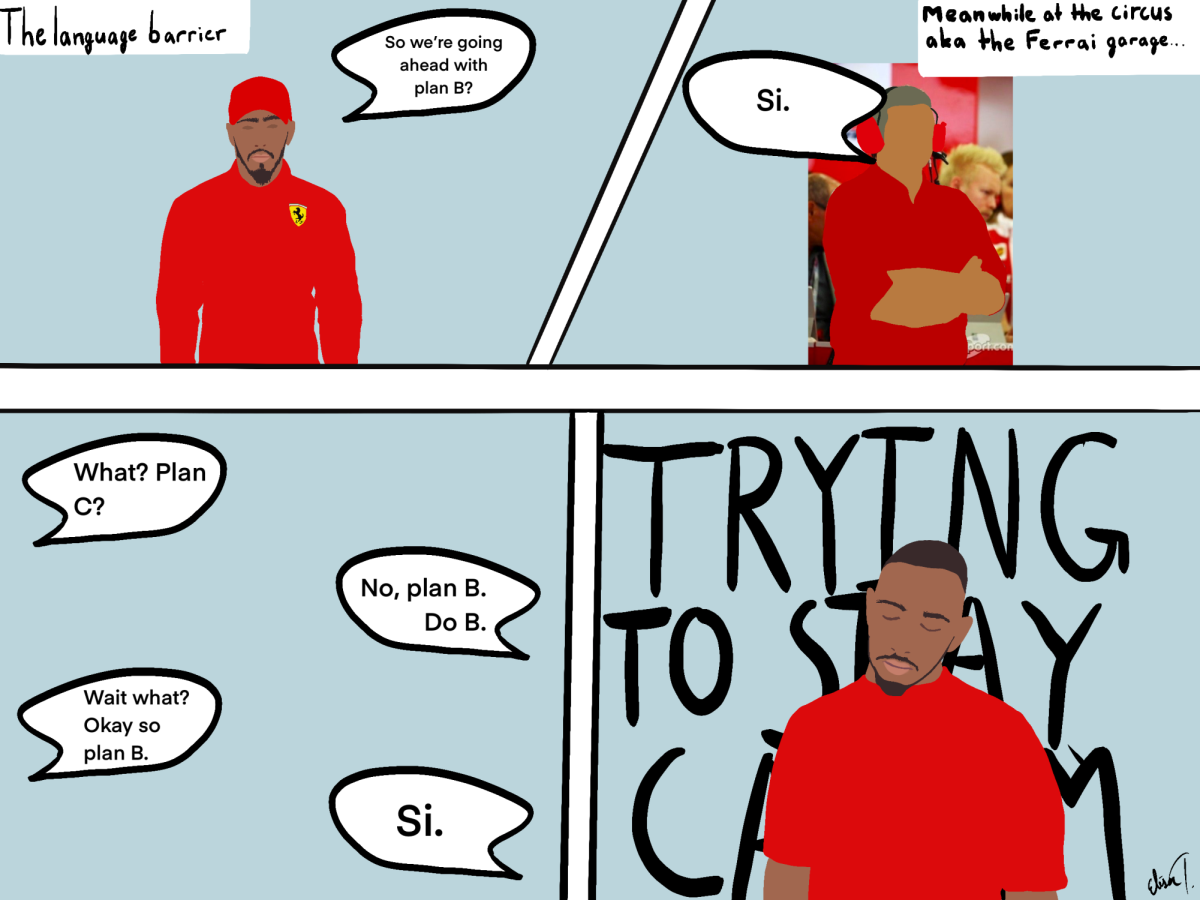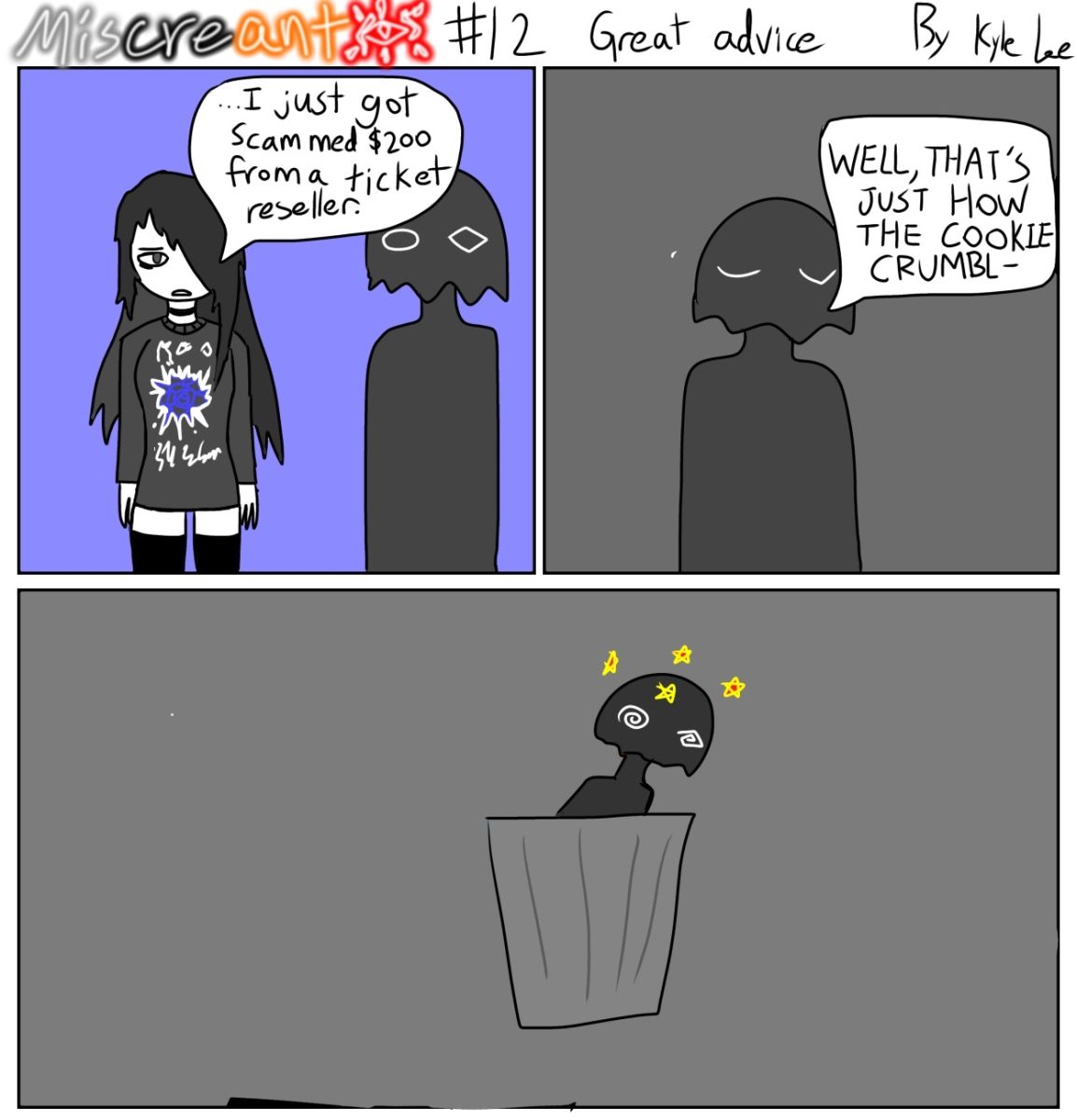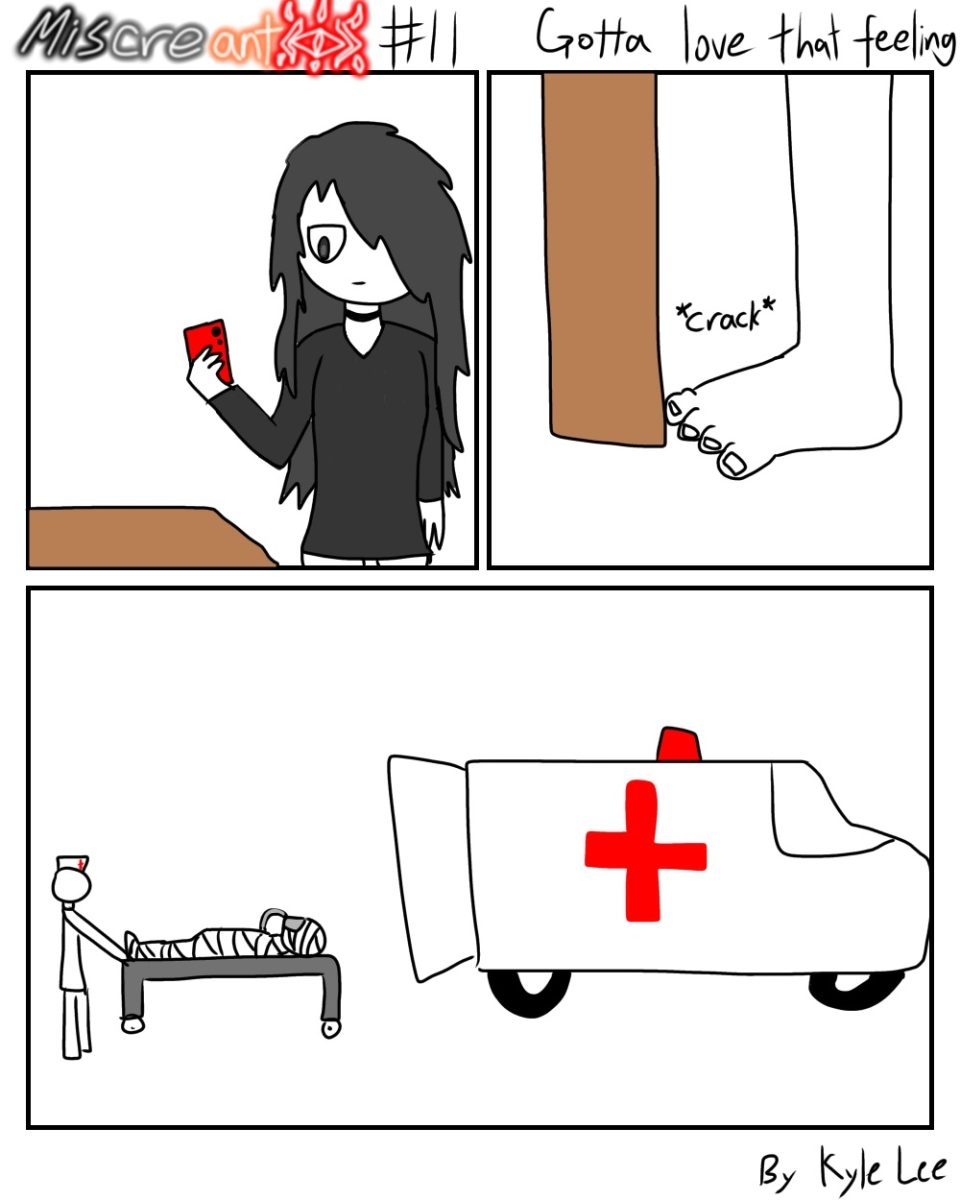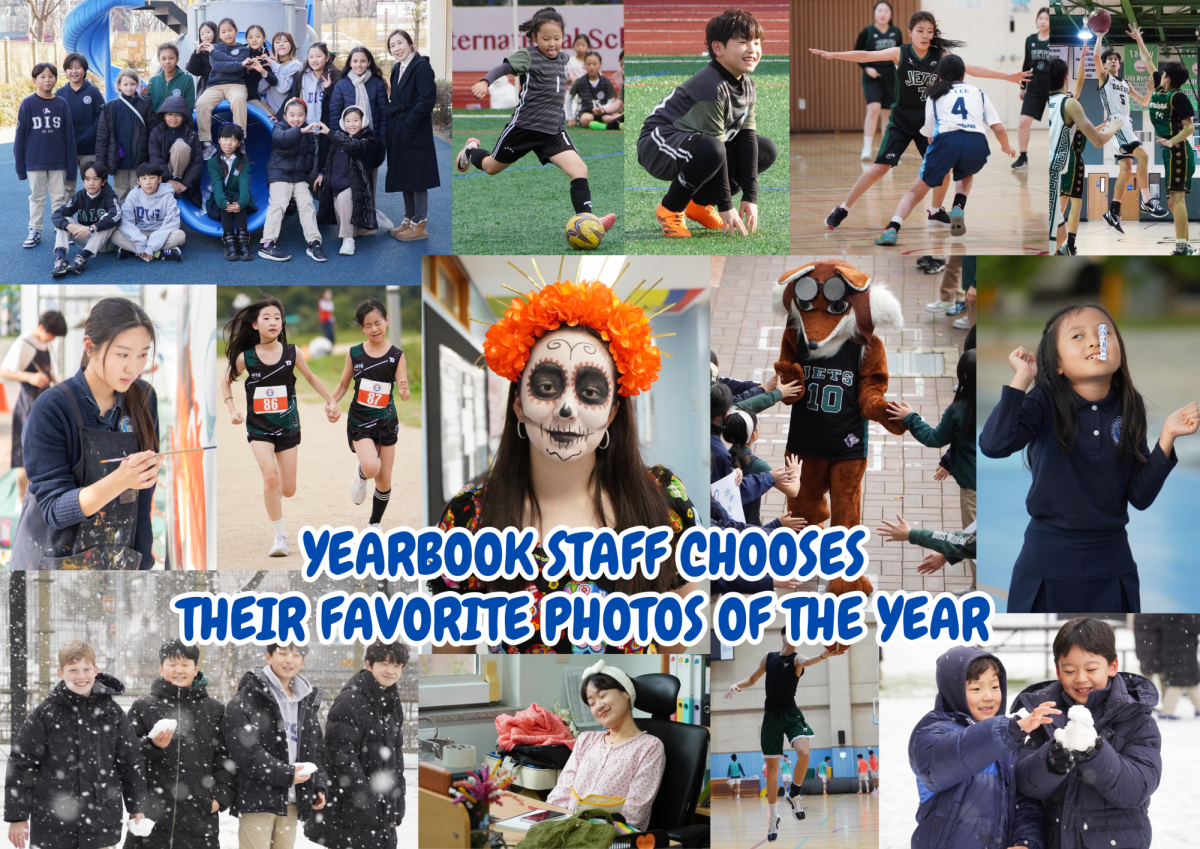Smell Sells
Scent Marketing Used by Firms to Increase Profit
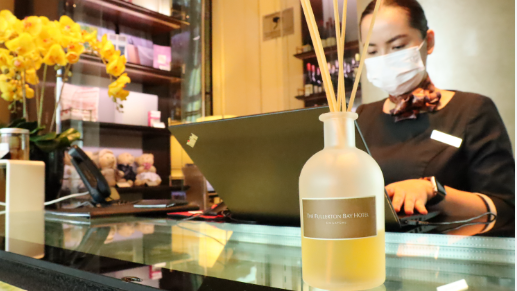
Most hotels also incorporate scent marketing, which promotes brand deals with signature amenities. Photo courtesy of Nikkei Asia.
December 5, 2022
This is probably a familiar experience: you’re casually walking around the mall when you suddenly get a whiff of a delicious, sweet scent. You turn to where the smell is coming from and find a Cinnabon store permeating the sugary waft all over the mall. You find yourself drawn to the smell, along with several other people who are already reaching into their wallets to purchase a sticky, warm, and tasty Cinnabon.
The Cinnabon franchise, in addition to numerous other businesses, is using a strategy called scent marketing. Cinnabon stores are purposely located in malls and airports, with each chain baking cinnamon rolls every 30 minutes at a minimum, and even warming up sheets of cinnamon and brown sugar to make the scent linger around their store.
Scent marketing, if not obvious, is using aroma, and eventually, the memory or image associated with the commodity on sale, as a marketing tool to build brand identity and increase sales. Sensory branding has been around in the advertising world for quite some time, with numerous well-known firms recognized by consumers through their signature fragrances.
The logic behind it can be easily understood with psychology. Olfaction, the sense of smell, is processed by the limbic system, which is located in the same area of the brain that processes emotions and memories; the scent receptors in the nose are directly connected to the part responsible for memory and emotion – explaining why smell can take you back to a certain memory, bringing back the feelings associated with it.
As research by the Sense of Smell Institute shows, people are able to recall them with a 65% accuracy after an entire year, while their visual recall drops to 50% after a short time of three months. With 75% of daily emotions caused by scent, we are 100 times more likely to remember a fragrance over visuals, audio, or touch.
With this knowledge, many firms have invested in creating their own ‘iconic’ scent. Kyobo Bookstore, Korea’s version of Barnes & Noble, is well recognized for its signature aroma – “The Scent of PAGE.” The chain created its trademark whiff in 2015 with a Phytoncide-type fragrance, redolent of the smell of books.
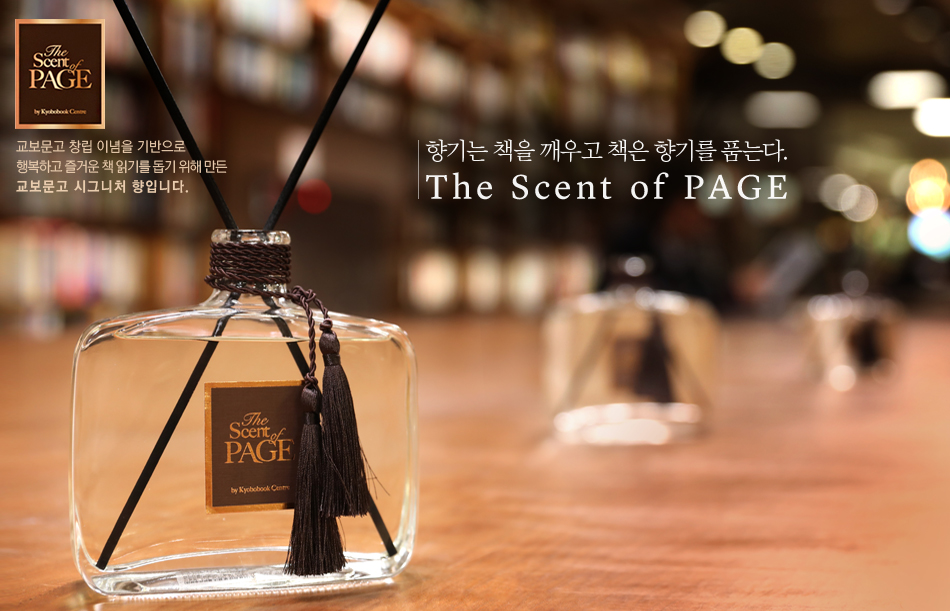
At the time of its creation, the scent was just used to spray around the stores, with the purpose of encouraging the shopping and reading experience; however, per customer request, the bookstore began to sell the aroma in different forms, ranging from diffusers, room sprays, and even candles.
Similarly, Singapore Airlines also created its own distinctive fragrance – “Stefan Floridian Waters.” Mixing the aromas of roses, lavenders, and citruses, the scent is used on flight attendants as perfume, on hot towels, and sprayed all throughout the cabin space to create a fresh and relaxing environment for travelers.
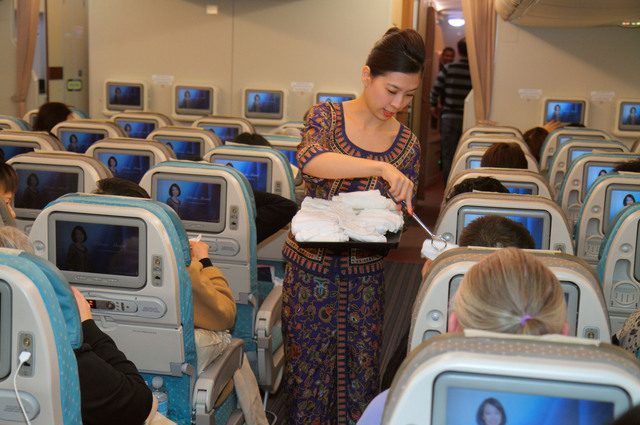
Many analyses confirm the impacts of such marketing tactics. In one study, a floral fragrance was put in some areas of a casino – the sprayed areas were found to have yielded 45% more expenditures from gamblers compared to other weekends, while the unscented areas revealed no such differences. Overall, scents that seem to reflect a brand image do indeed seem to have a significant impact on consumer spending.
Looking for unique ways to make a brand stand out can be a tough challenge for entrepreneurs. Thankfully, many people are coming up with novel marketing strategies that can help them. Next time you visit any store, try and keep your nose in the air for that special whiff.





